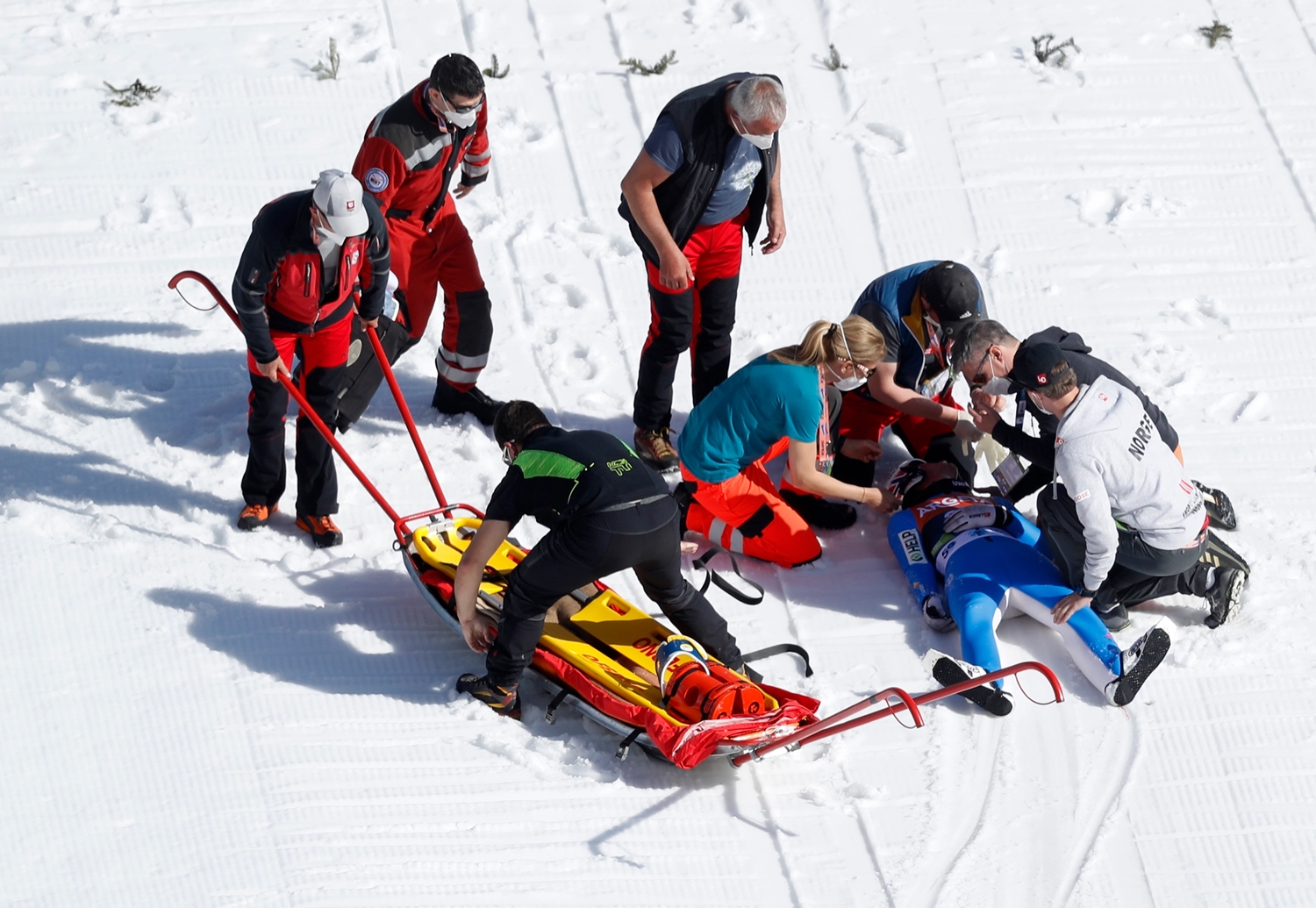
Are you aware of the Ski Code of Conduct?
If not, this article will help you get ready for the slopes this winter. All of us dread the thought of injury but with a little care and awareness, we should get through safely and with a huge amount of fun. A recent study has thrown up some interesting statistics though and they are well worth giving some thought to.
What’s the worst time of day for accidents?
Between 11am & noon (30% of accidents) and 2-3pm (15%). Tiredness and congestion are believed to be the main causes as skiers are worn out from a strenuous few hours on the slopes. The perfect scenario for accidents is when people ski to or from their lunch spot, or when returning home after a long day on the mountain.
What are the most at-risk age groups?
For skiers it’s 45-49 and for snowboarders, it’s 25-29.
What are the most common injuries?
These tend to be soft tissue tears (especially in the knee), followed by fractures and dislocations. Concussions and brain injuries follow close behind.

Do not fear, skiing is to be enjoyed! It is a safe sport and here are some of our top tips for preventing injury:
- Warm up & stretch before jumping on the lift.
- Stay visible.
- Slow down in congested areas.
- Ski within your ability level.
- Give way and give space to others.
- Check your equipment each morning.
- Don’t drink too much!
- And don’t go up for “one final run…”
Remember to follow the Ski Code of Conduct:
- Always stay in control.
- People ahead of you have the right of way.
- Stop in a safe place for you and others (always to the side of a piste).
- Whenever starting downhill or crossing into a slope, look uphill & yield to others.
- Use devices to help prevent runaway equipment.
- Observe signs & warnings, and keep away from closed slopes.
- Know how to use the lifts safely.

And if you do suffer an injury…
It is inevitable that there will be accidents which result in injury. Make sure you have good medical insurance prior to arrival in resort. We also recommend you add the local insurance when buying your ski pass. This will provide repatriation off the slopes to medical services, but not back home.
Be aware of pisteur scams. A broken thumb does not require a helicopter. However exciting it might first be to encounter an air rescue, the bill at the end is not so fun! Don’t assume your insurance will cover this.
Be strong and ask to be taken to the local hospital if treatment is needed. Don’t allow them to take you to a private medical centre. This trick is increasingly used as a very lucrative scam and will result in monumental, often unnecessary, medical bills.
All that said, you will enjoy your ski holiday. Be prepared, get as fit as you can before you arrive in resort and don’t push yourself too hard. Its always tempting to hit the slopes hard on the first morning. Just take it easy, rest when your legs are weary and call it a day when you’ve had enough. Go do some apres-ski or hit the luxury spa – after all, these are just as important on a skiing holiday as the snow itself!

